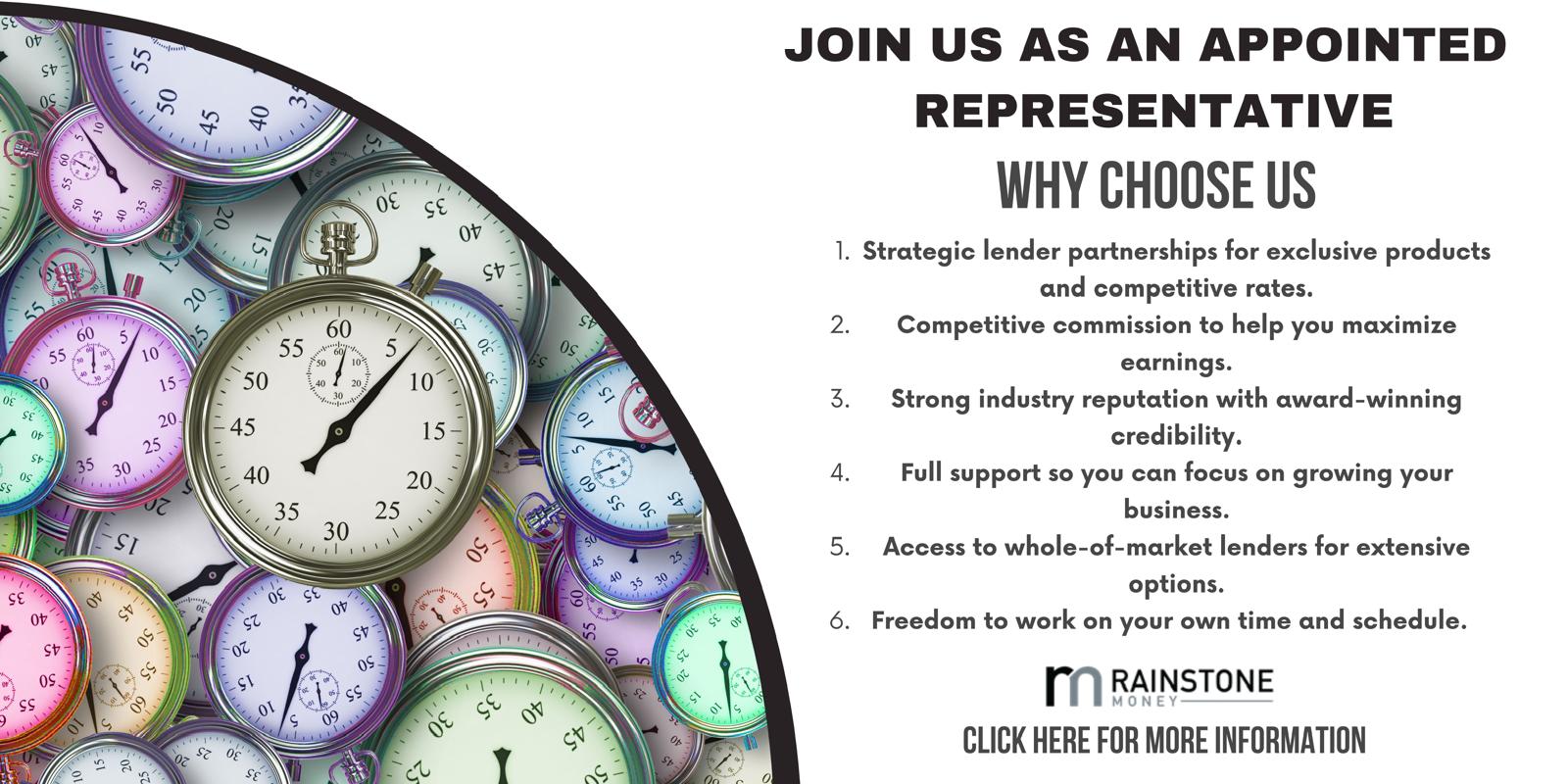What is Flexible Mortgage?
Flexible Mortgages are a dynamic financing solution that adapts to your unique financial situation. Regular mortgages have a set interest rate and a fixed plan for paying back the money. However, flexible mortgages give you different choices that can be adjusted to fit your needs. These choices usually involve changing interest rates, creating a payment plan that suits you, and the option to make extra payments or take breaks from payments.

Choosing the right mortgage for your specific circumstances is a pivotal decision that can significantly impact your financial future. With flexible mortgages, you often have options like changing your interest rates, customizing your repayment plan, and the flexibility to make extra payments or take breaks from payments when needed.

How does Flexible Mortgage work?
Flexible Mortgages are a dynamic financing solution that adapts to your unique financial situation. Unlike traditional fixed-rate mortgages, which offer a static interest rate and repayment schedule, flexible mortgages provide a range of options tailored to meet your specific needs. These options typically include adjustable interest rates, customizable repayment schedules, and the ability to make extra payments or take payment holidays.
1. Adjustable Interest Rates
Adjustable-rate mortgages frequently feature variable interest rates, enabling borrowers to capitalize on market fluctuations. It would help if you started with a lower initial interest rate, which can reduce your monthly payments during the early years of your mortgage. As interest rates change, your mortgage rate may adjust periodically, impacting your monthly payments accordingly.
2. Customizable Payment Schedules
Adjustable mortgage rates offer various repayment schedules to accommodate your financial situation. You can choose from options such as interest-only payments, principal and interest payments, or even fully amortizing payments. These choices allow you to tailor your mortgage to your budget and financial goals.
3. Overpayments and Underpayments
Many flexible mortgage products permit you to make overpayments, which can help you pay off your mortgage faster and reduce the total interest you'll pay. Conversely, some mortgages allow for underpayments or even payment holidays, providing breathing room during financial strain.

Benefits of Flexible Mortgages
Financial Control
Flexible Mortgages give you greater control over your finances. You can adapt your repayment schedule to align with your income fluctuations or allocate extra funds when available. This flexibility ensures that your mortgage remains manageable throughout various life stages.
Interest Savings
Making overpayments can reduce the total interest you’ll pay over the life of your mortgage. This can save you thousands of dollars and help you become mortgage-free sooner.
Accommodating Life Changes
Flexible mortgages are ideal for those who anticipate changes in their financial situation, such as receiving irregular income, planning for a career change, or starting a family. You can adjust your mortgage payments to suit your evolving needs.
Lower Initial Costs
With adjustable interest rates, you can benefit from lower initial monthly payments than fixed-rate mortgages. This can make homeownership more accessible for first-time buyers or those with limited budgets.
Competitive Advantage
When interest rates are low, flexible mortgages can be a good deal. They might give you a better rate than the usual fixed-rate mortgages.
Why Do Some People Opt for Flexible Mortgages?
Income Fluctuations
Flexible mortgages work well for people who earn less money regularly, like freelancers, self-employed folks, or those who make money through commissions. They can adjust their mortgage payments according to their cash flow.
Financial Planning
Homeowners who prioritize financial planning may find flexible mortgages appealing. They can optimize their savings and investments by offsetting their mortgage balance.

Early Debt Repayment
You can make extra payments regularly to pay off your mortgage faster. This lowers your total interest and shortens the time it takes to repay the loan.
Payment Holidays
People who anticipate significant life events like maternity leave, sabbaticals, or career changes may choose flexible mortgages to have the option of taking payment holidays.

Weaknesses of Flexible Mortgages
Higher Interest Rates
Flexible Mortgages have higher interest rates than regular fixed-rate mortgages. It often comes with slightly higher interest rates than traditional fixed-rate mortgages. This can lead to increased costs over time if the borrower needs to take full advantage of the flexibility.
Complexity
Flexible Mortgages can be tricky to understand, so borrowers need to be smart about money and stick to a plan to get the most out of them.
Early Redemption Penalties
Some flexible mortgage deals may include early redemption penalties, which can be costly if you switch to a different mortgage or pay off the loan early.
Risk of Overborrowing
Being able to borrow money easily is good, but it might make people borrow too much. This flexibility can be risky if their money situation changes.
Try Our Mortgage Calculator
Workout how much you could borrow and how much deposit you need for a mortgage.
When applying for a flexible mortgage, the lending institution typically performs a credit check as part of its assessment process. This is to evaluate your creditworthiness and determine the risk involved in lending to you. The extent of the credit check may vary based on the lender and the specific mortgage product. Still, in most cases, some form of credit assessment is likely.
Not all mortgages are flexible due to varying risk factors and the loan structure. Traditional mortgages often have fixed terms and repayment schedules, offering less flexibility regarding payment options, interest rates, or the ability to make overpayments or underpayments without penalty.
When applying for a flexible mortgage, the lending institution typically performs a credit check as part of its assessment process. This is to evaluate your creditworthiness and determine the risk involved in lending to you. The extent of the credit check may vary based on the lender and the specific mortgage product. Still, in most cases, some form of credit assessment is likely.
Not all mortgages are flexible due to varying risk factors and the loan structure. Traditional mortgages often have fixed terms and repayment schedules, offering less flexibility regarding payment options, interest rates, or the ability to make overpayments or underpayments without penalty.
Flexible Mortgages often come with adjustable interest rates, allowing borrowers to exploit market fluctuations. It would help if you started with a lower initial interest rate, which can reduce your monthly payments during the early years of your mortgage. As interest rates change, your mortgage rate may adjust periodically, impacting your monthly payments accordingly.
Regarding cost, flexible mortgages may not always result in higher payments. However, the interest rates on flexible mortgages might be slightly higher than those on standard fixed-rate mortgages. The flexibility and additional features they offer, such as the ability to make extra payments or borrow back previously paid sums, often come at a cost reflected in slightly higher interest.
How does the application process work?
Initial Enquiry
Tell us about your commercial finance requirements and specific needs. You can call us on 020 7036 6435. Alternatively, you can schedule a consultation or submit your enquiry online, and a member of our team will respond to you within 24 hours.
Documents
One of our qualified advisers will discuss your situation with you in more detail and advise of any additional information or documentation required to search the market thoroughly. Our advisors will research the market for potential rates.
Decision In Principle
Following their research, your adviser will present their recommendations tailored to your specific needs. This will include details of rates and any associated fees that may apply. Once ready to proceed, your adviser can request an agreement.
Application
When ready to proceed, your adviser will submit the full application. At this stage, the lender will review any documents you provided and get everything prepared for checking the property value and making decisions about the loan.
Offer
The formal finance offer will be issued once the lender is satisfied with the documentation provided and the business offers suitable security. Once approved, your advisor will discuss your needs and make any recommendations and arrangements.
Completion
When your solicitor has finalized the necessary legal matters, and all parties are ready, you can arrange your completion date. The solicitor will then make the arrangements required to request the funds. We'll ensure you get the best deal for your needs.
BOOK A CALL WITH A FLEXIBLE MORTGAGE ADVISOR
Flexible Mortgages present an appealing choice for homeowners looking for personalized options and financial adaptability when handling their mortgages. They bring a range of advantages like reduced interest expenses and adaptable payment structures, proving immensely valuable in different circumstances. Nevertheless, individuals should thoughtfully evaluate their financial objectives and willingness to take risks before deciding on a flexible mortgage, given the associated compromises and intricacies that might not align with everyone’s requirements.

